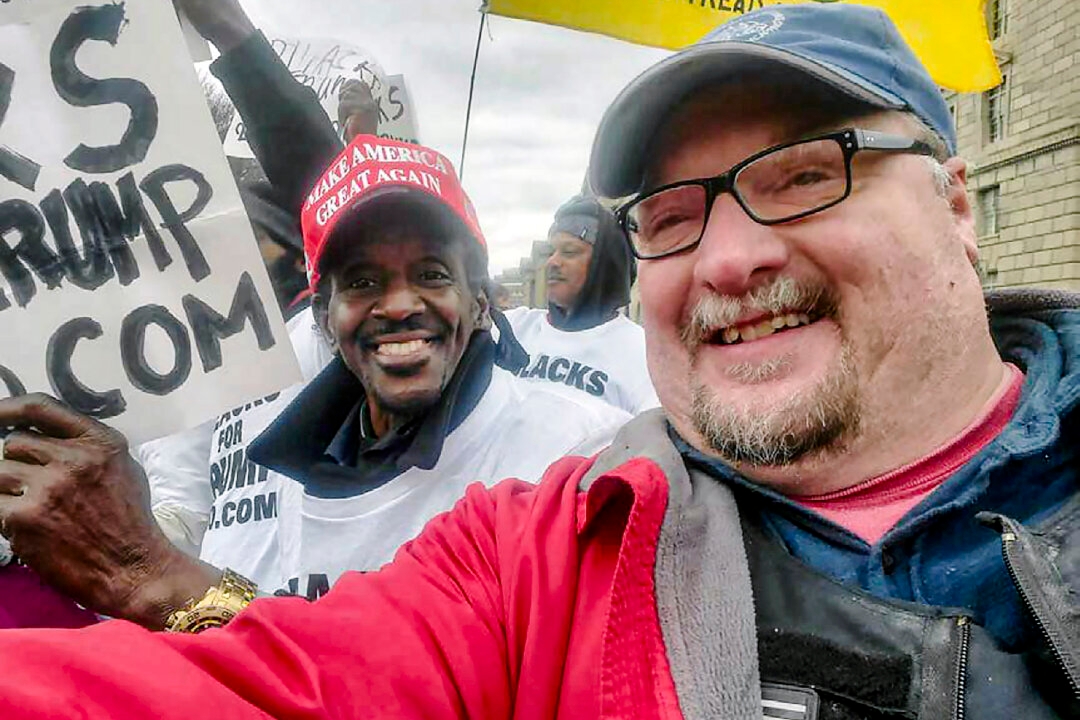
The Supreme Court will hear the closely watched case of a Jan. 6 defendant on April 16, the court announced on Feb. 16.
The case could lead to the dropping of charges against many defendants charged in connection with the Jan. 6, 2021, protest of the impending congressional certification of the 2020 presidential election results at the U.S. Capitol complex in Washington.
Former police officer Joseph W. Fischer of Jonestown, Pennsylvania, is the main defendant in the case known as Fischer v. United States. The oral argument was scheduled in a notice posted by the court on its website.
Legal experts previously told The Epoch Times they believe the nation’s highest court may strike down the use of a key federal law in the Biden administration’s ongoing prosecutions of Jan. 6 defendants and in the process shut down the government’s case against hundreds of defendants.
If the court finds an Enron-era obstruction law—18 U.S. Code Section 1512(c)—is being used improperly against the defendants, their charges are likely to be thrown out.
At issue is the evidence-tampering provision that appears in the Corporate and Criminal Fraud Accountability Act of 2002, which was part of the Sarbanes-Oxley Act aimed at curbing wrongdoing on Wall Street.
The legislation came in the wake of fraud-related scandals at Enron Corp. and other major corporations. Enron employed dubious accounting practices to conceal falling profits and exaggerate earnings, and its employees reportedly began destroying paperwork when they learned that indictments were in the works.
President Donald Trump was indicted under the same federal statute and also stands to benefit if the Supreme Court rules in favor of the defendant, sources said.
Mr. Fischer was indicted under the accounting reform statute two months after the Jan. 6 breach for obstructing an official proceeding; civil disorder; assaulting, resisting, or impeding officers; entering and remaining in a restricted building or grounds; disorderly and disruptive conduct in a restricted building or grounds; disorderly conduct; and parading, demonstrating, or picketing in a Capitol building.

